Address
304 North Cardinal St.
Dorchester Center, MA 02124
Work Hours
Monday to Friday: 7AM - 7PM
Weekend: 10AM - 5PM
The public utility sector relies on internet connectivity for their services to enable efficient management of critical infrastructure, remote monitoring, data exchange, and real-time communication, ensuring reliable and effective delivery of essential utilities. Threat actors are targeting service facilities either by political or financial purpose to initiate attacks.

Internet connectivity is crucial for managing and monitoring smart grids, enabling real-time data exchange between power generation, distribution, and consumption points.
Internet-connected sensors and monitoring systems aid in tracking water quality, pressure levels, and detecting leaks in water distribution networks.
Internet connectivity is vital for managing and coordinating public transportation services, including real-time tracking of buses, trains, and scheduling updates.
Internet-based traffic control systems help optimize traffic flow, monitor road conditions, and respond to incidents promptly.
Internet connectivity is essential for emergency response and communication systems used by police, fire departments, and medical services.
Public utility companies often rely on internet-based communication systems for customer service, bill payments, and service inquiries.
Internet-connected systems help optimize waste collection routes, monitor waste bins’ fill levels, and manage recycling programs efficiently.
Internet-based remote monitoring systems allow real-time monitoring and maintenance of critical infrastructure such as bridges, dams, and power stations.
Internet connectivity enables access to real-time weather data and forecasts, aiding in disaster preparedness and response planning.
Internet-connected sensors and monitoring platforms are used to optimize and monitor renewable energy sources like solar and wind farms.

Overall, internet connectivity has revolutionized the public utility service sector, enabling better management, optimization, and responsiveness in delivering essential services to the public. However, the increasing reliance on the internet also highlights the importance of robust cybersecurity measures to protect critical infrastructure and data from potential cyber threats.
DNS Security is paramount for the public utility services sector to ensure the availability and reliability of critical infrastructure and services.
Ensuring DNS integrity helps prevent DNS hijacking and domain spoofing, mitigating the risk of cyberattacks that could disrupt essential utilities.
Implementing DNS filtering and monitoring aids in blocking malicious domains, reducing the likelihood of successful cyber intrusions and maintaining the safety and stability of public utility services.

